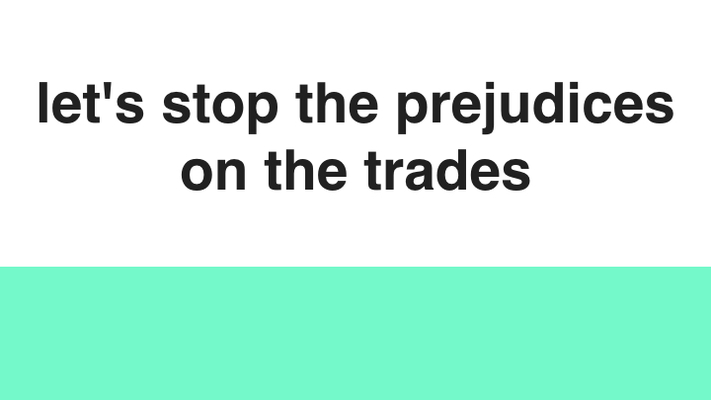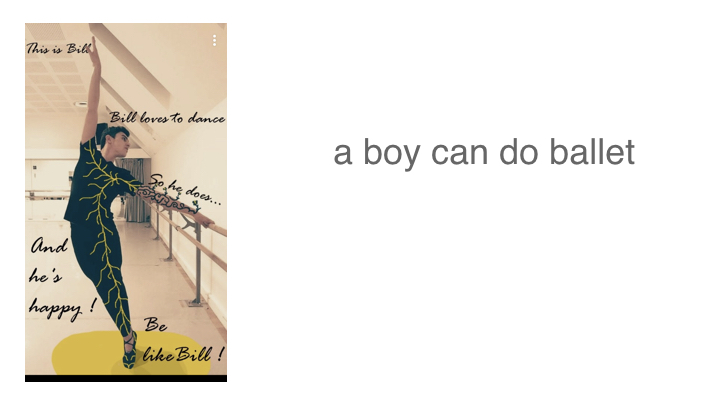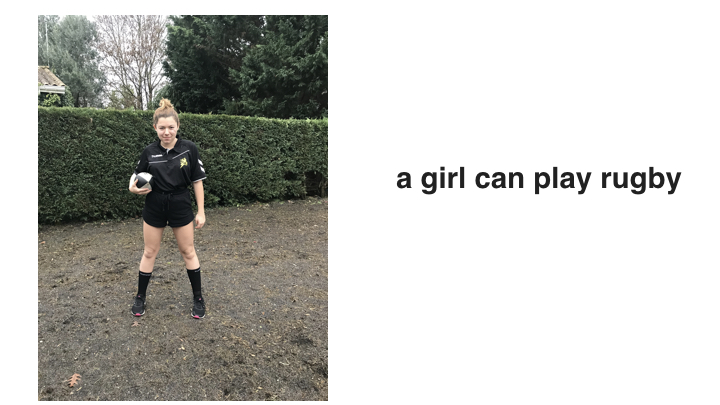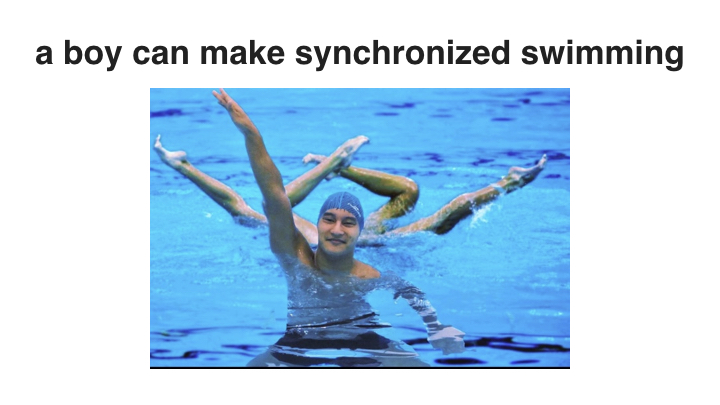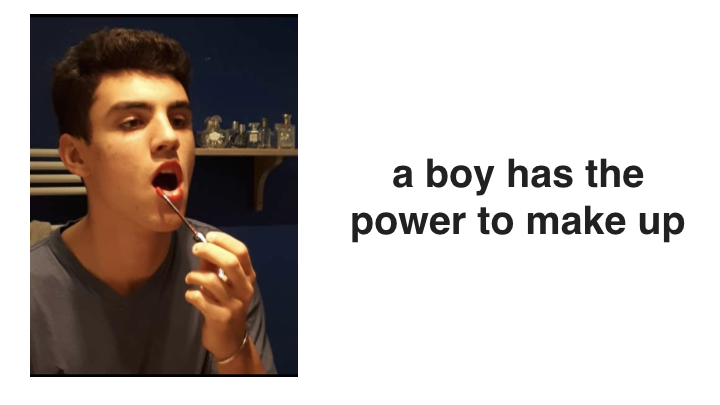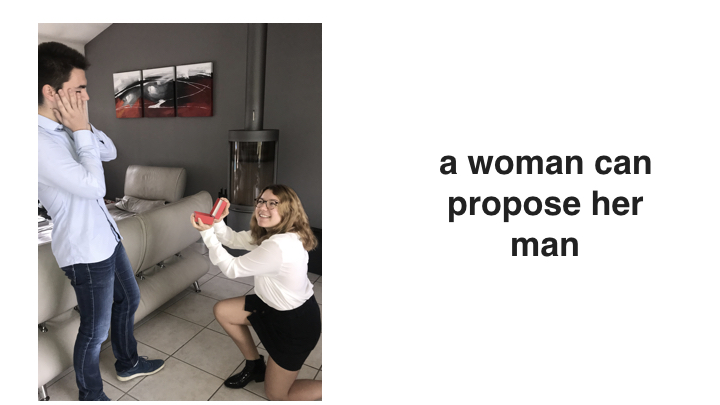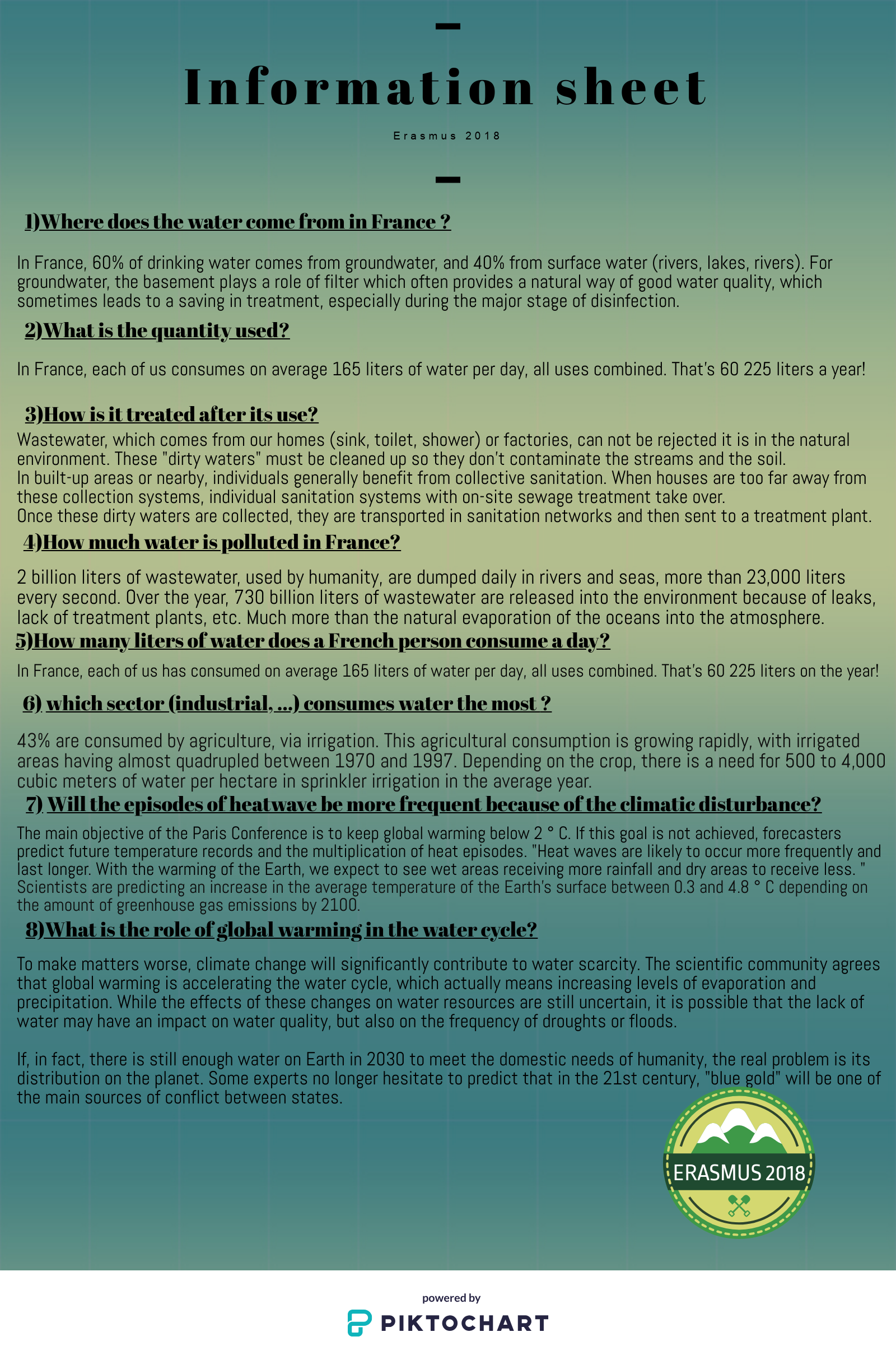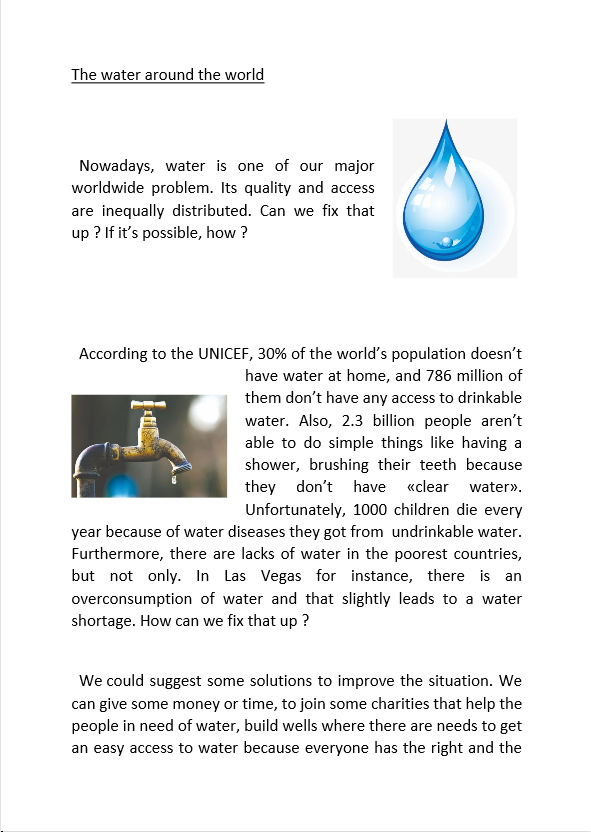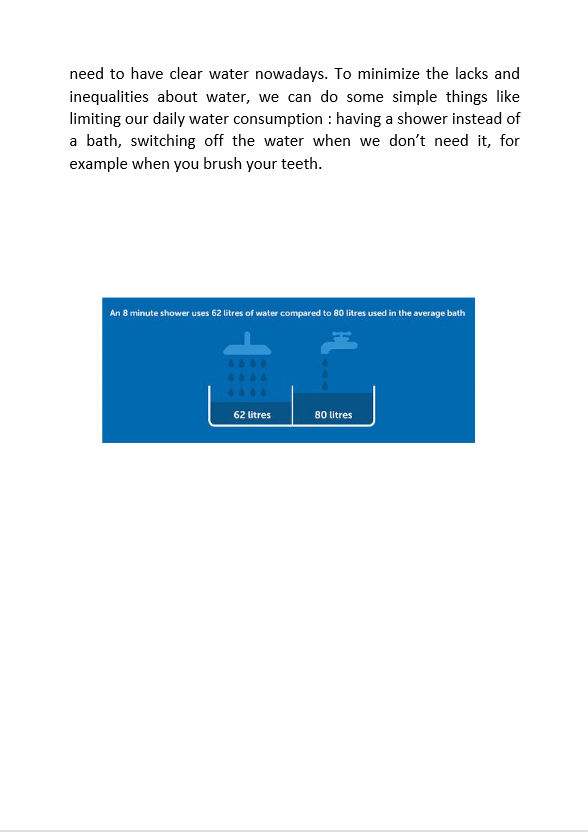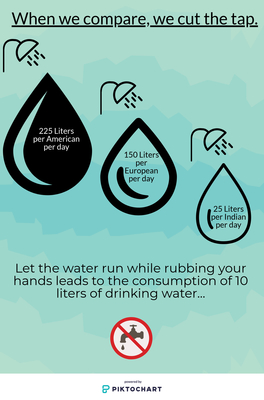1 No poverty
2 Zero Hunger
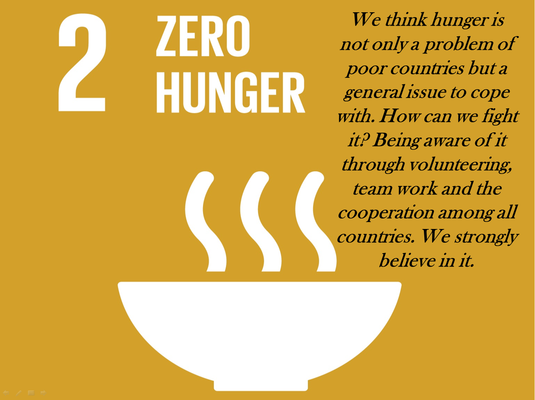
3 Good health and well-being
4 Quality education
5 Gender equality
6 Clean water and sanitation
7 Affordable and clean energy
Goal 7
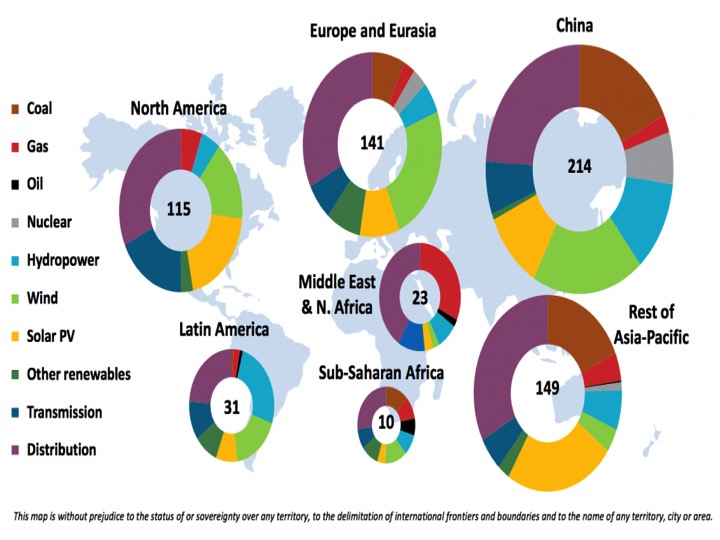
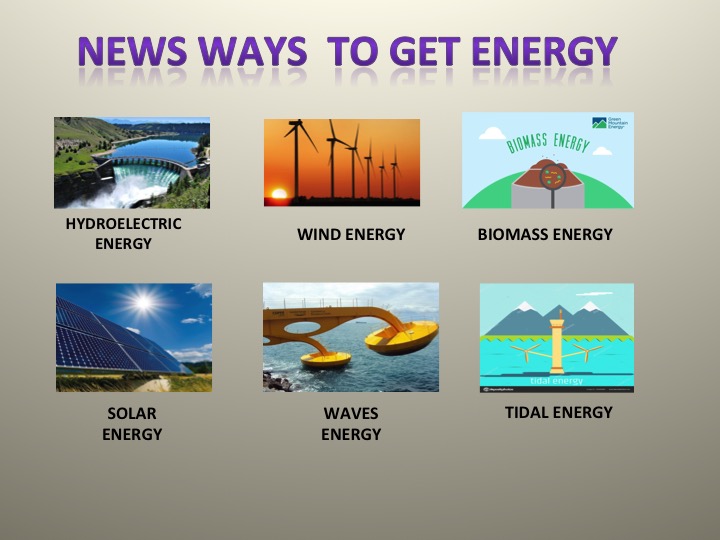
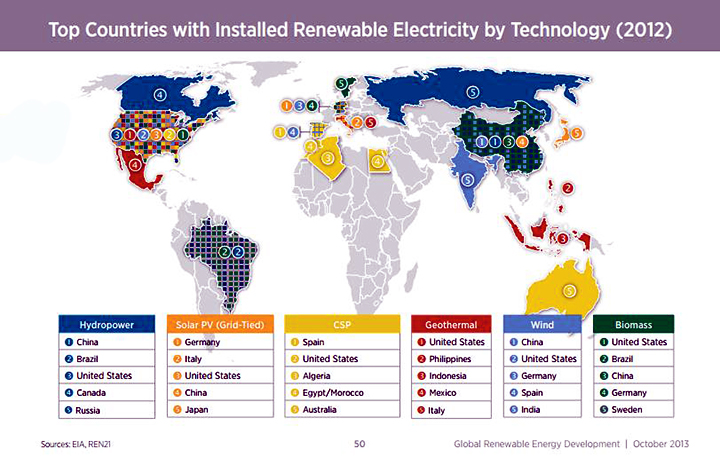



8 Decent work and economic growth
Goal 8
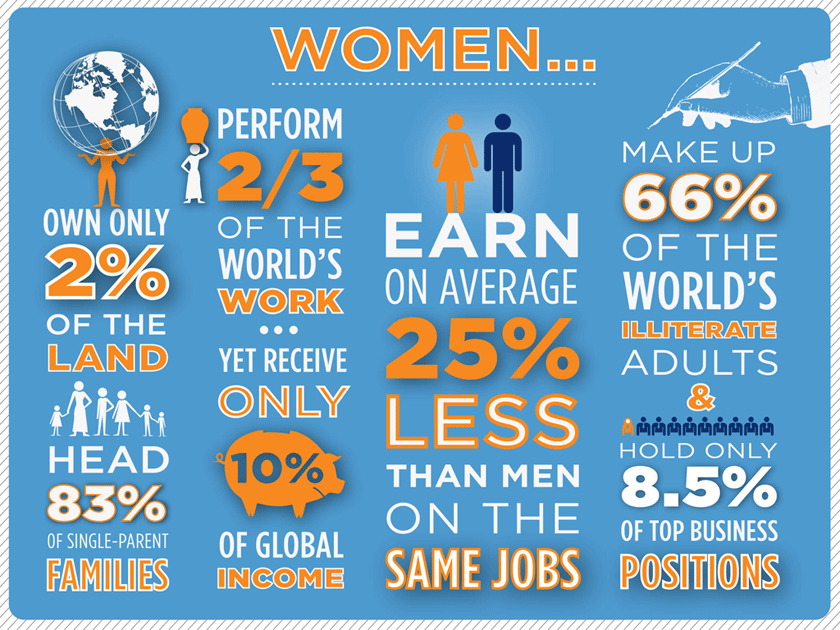
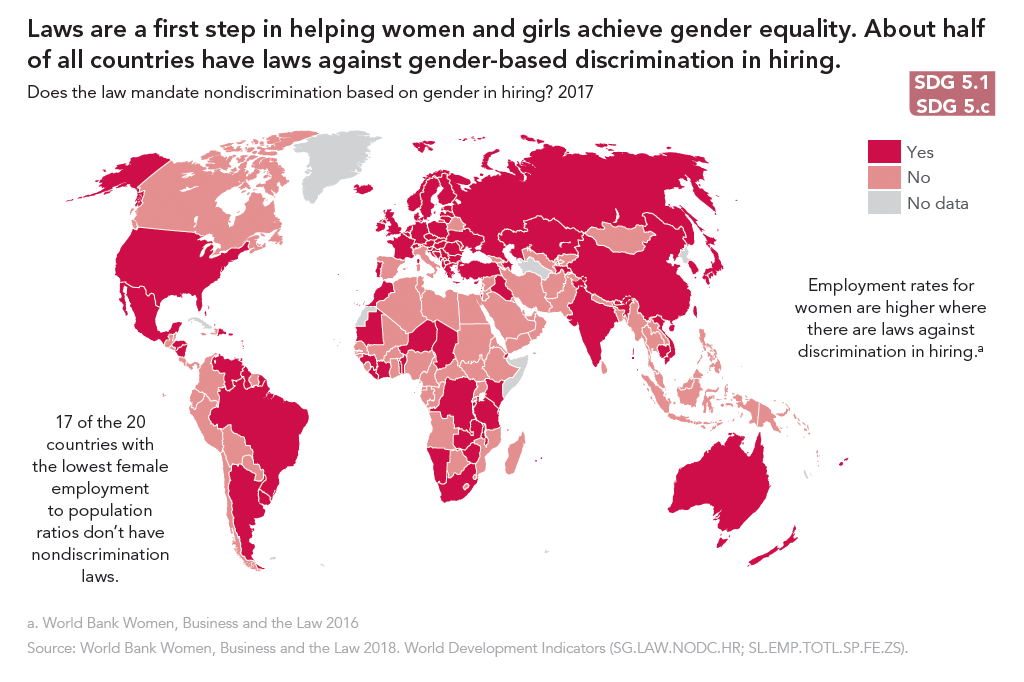


9 Industry, innovation and infrastructure
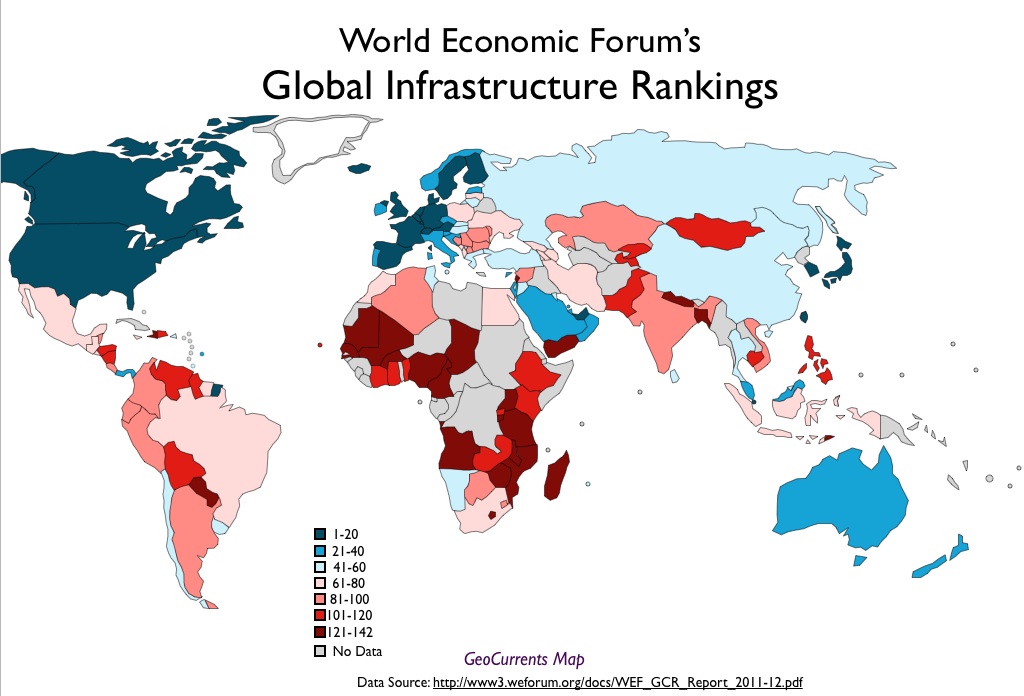
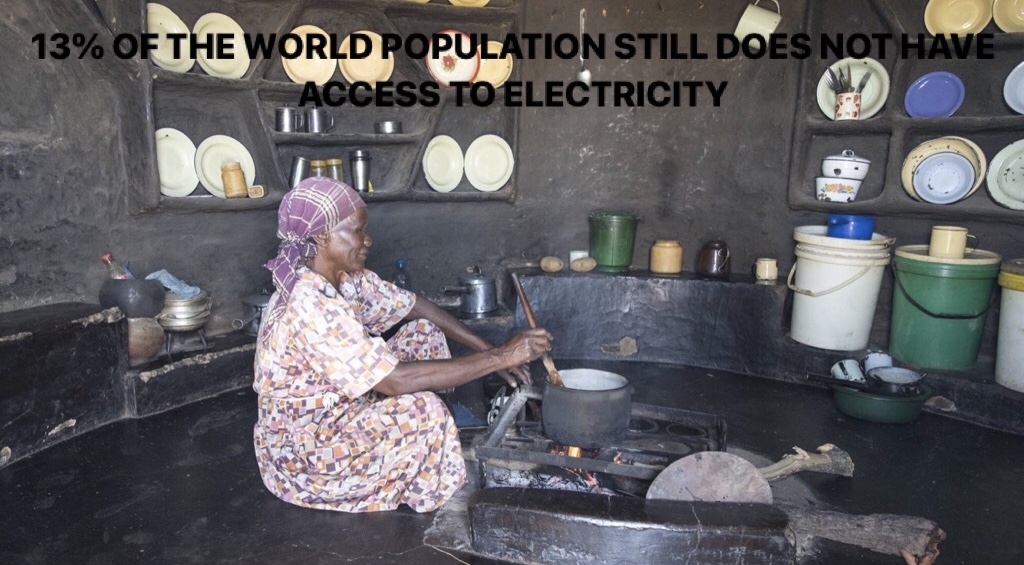
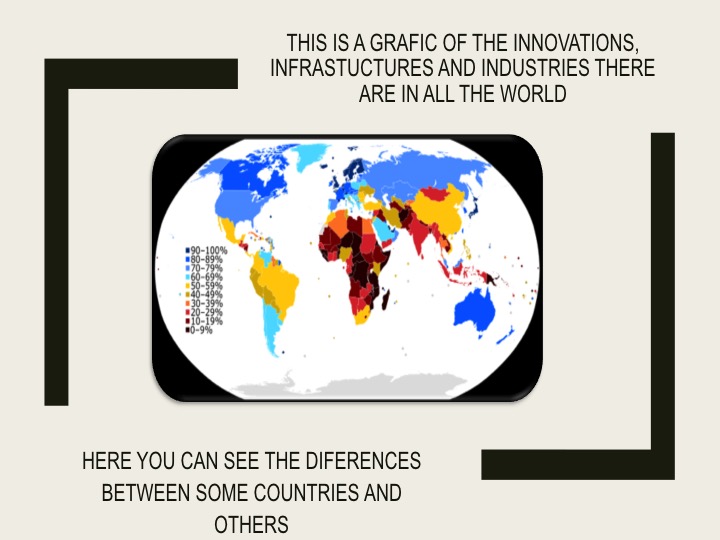
10 Reduced inequalities
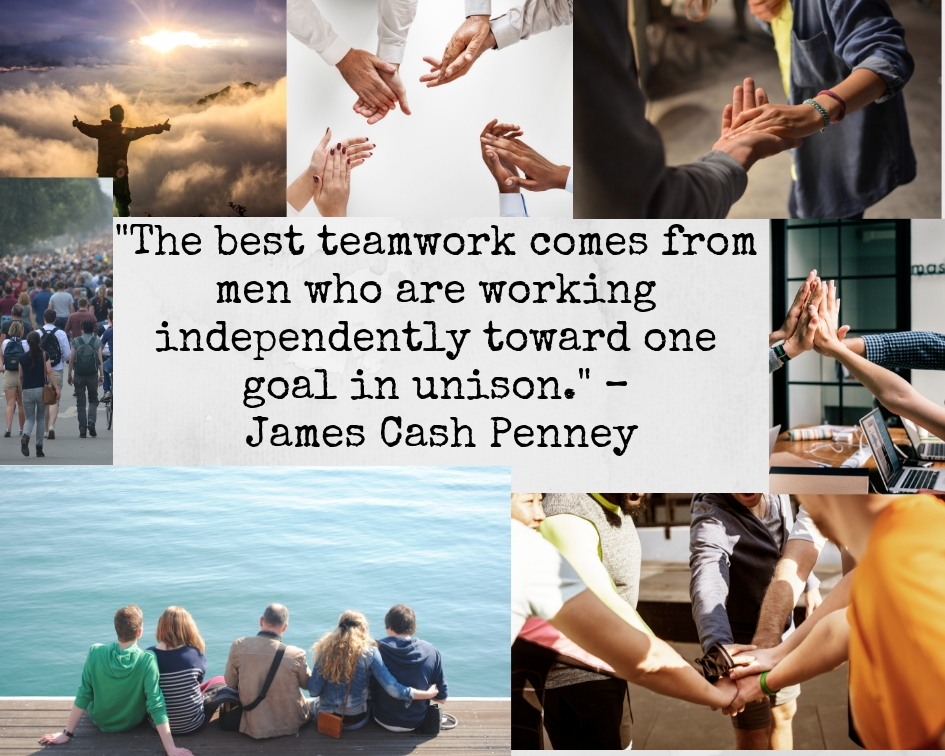
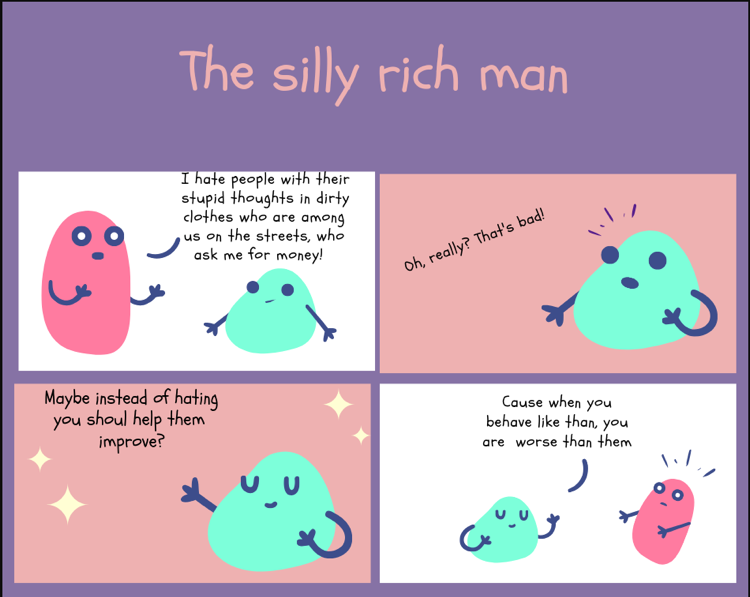
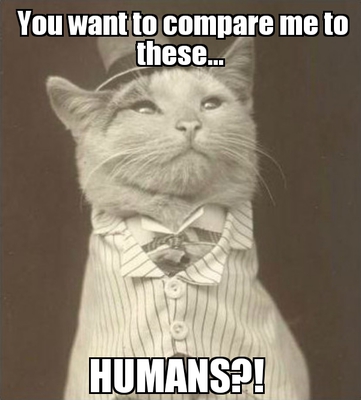
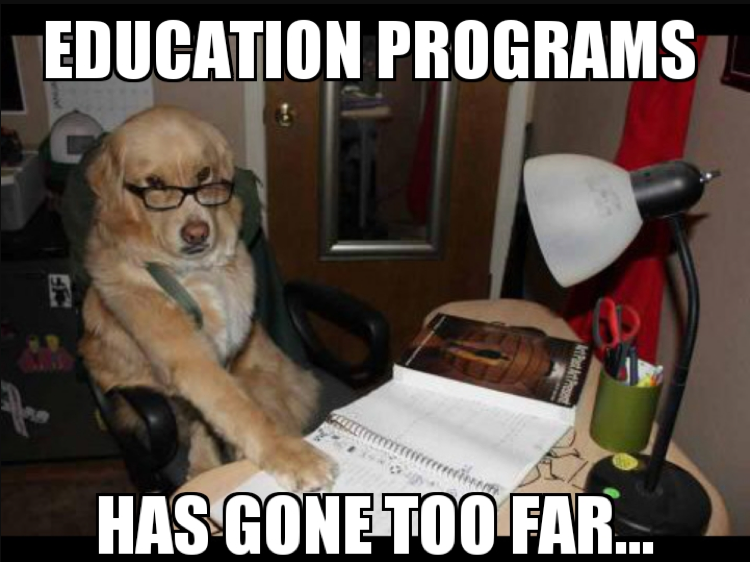
11 Sustainable cities and communities
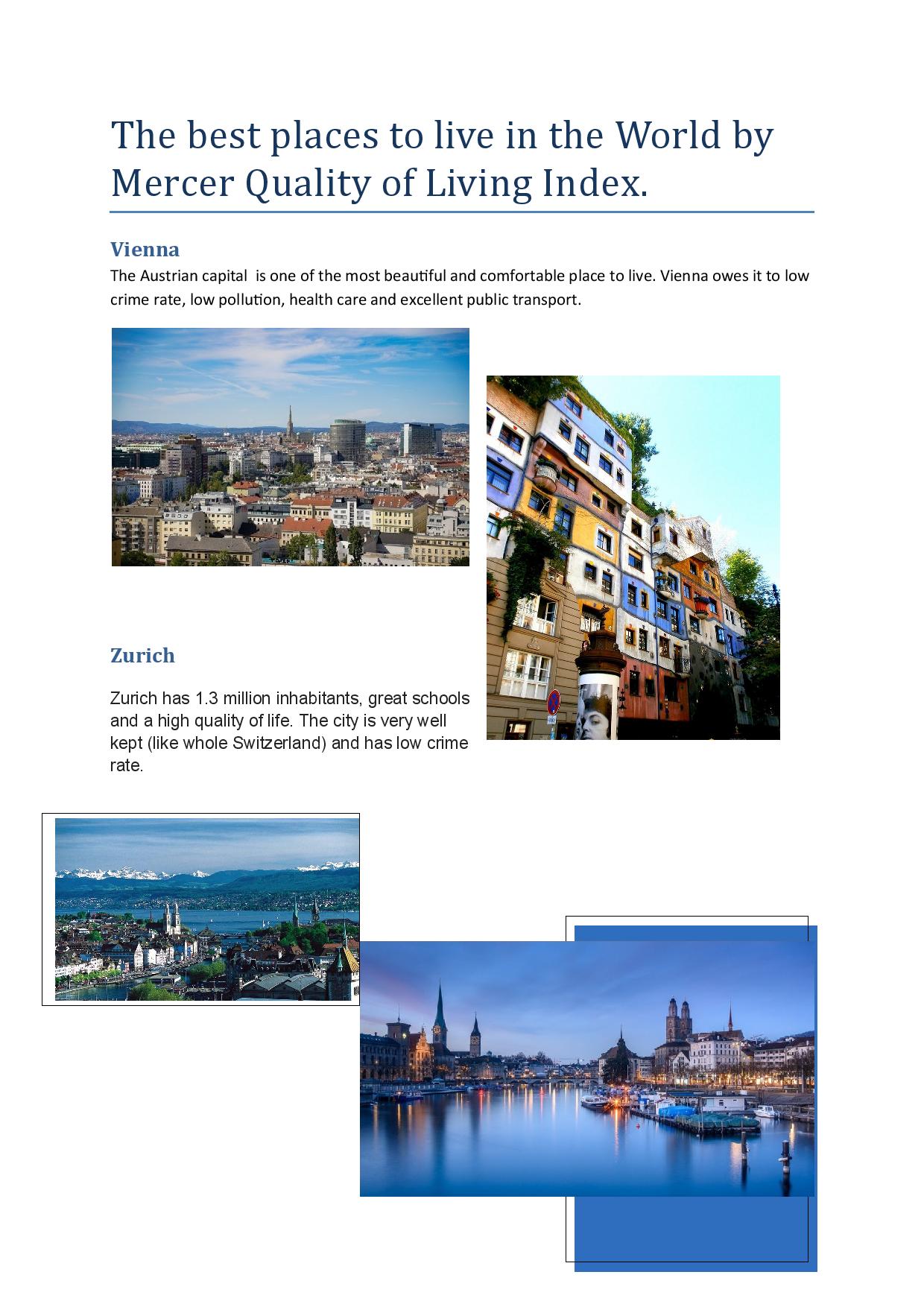
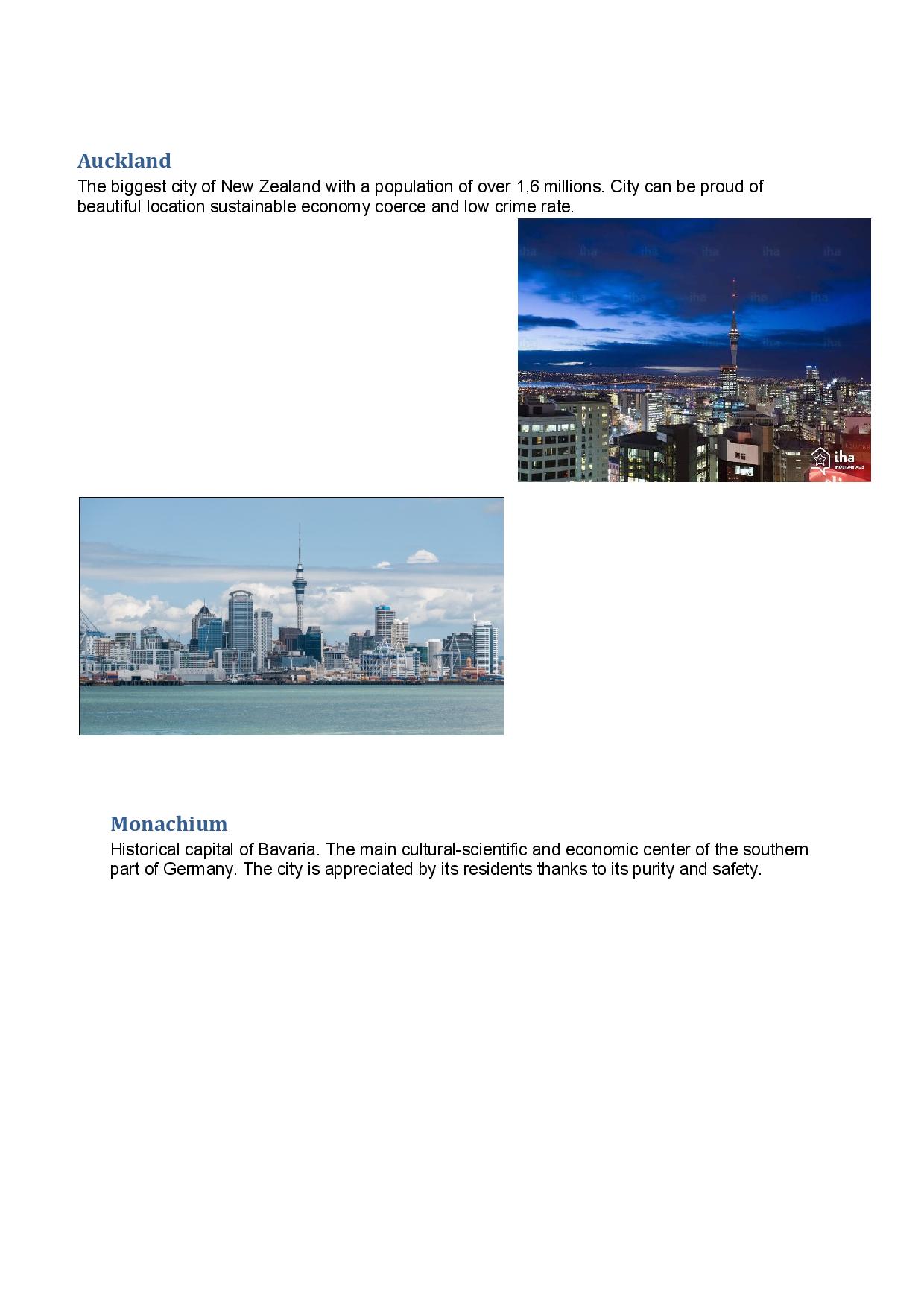
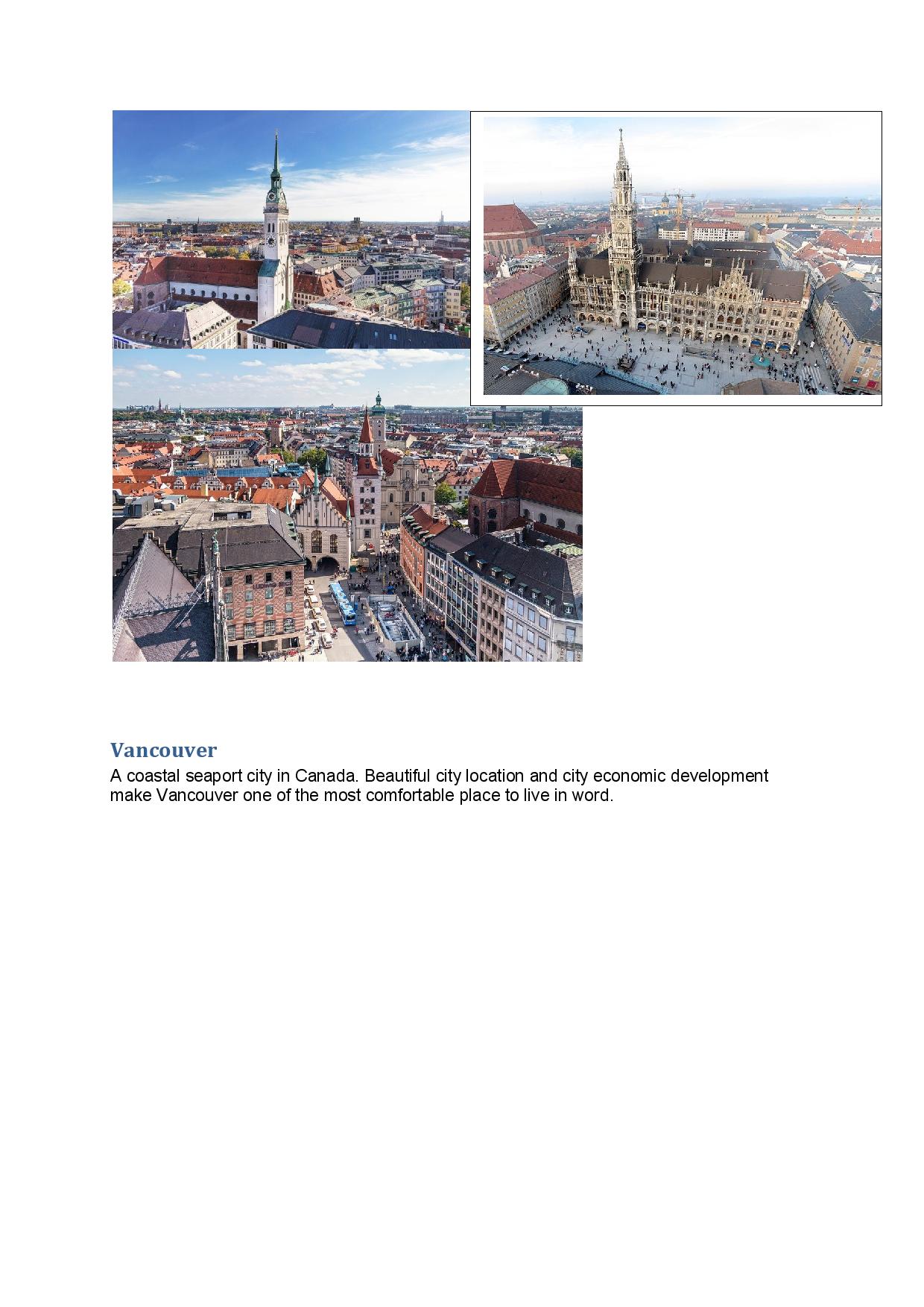
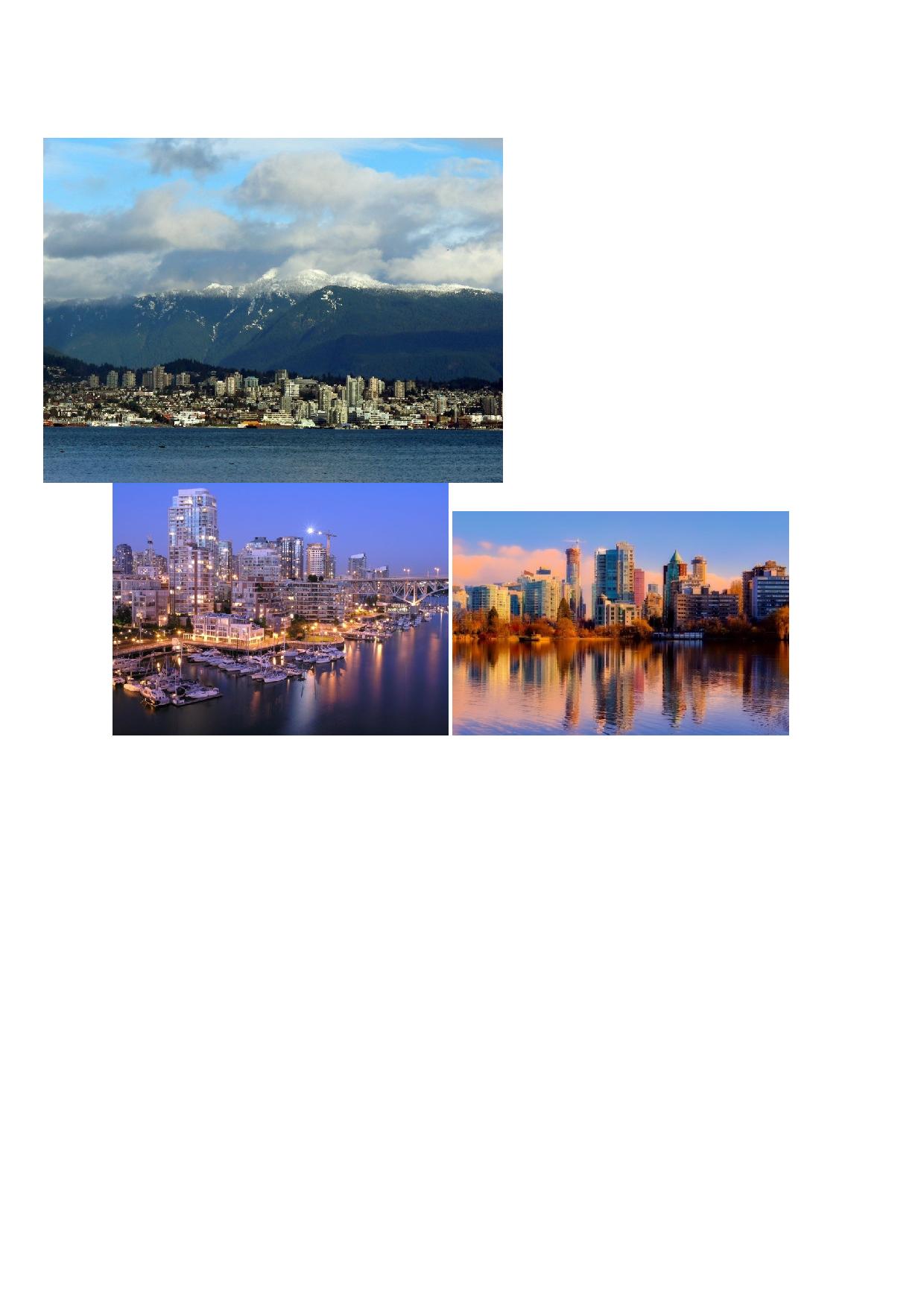
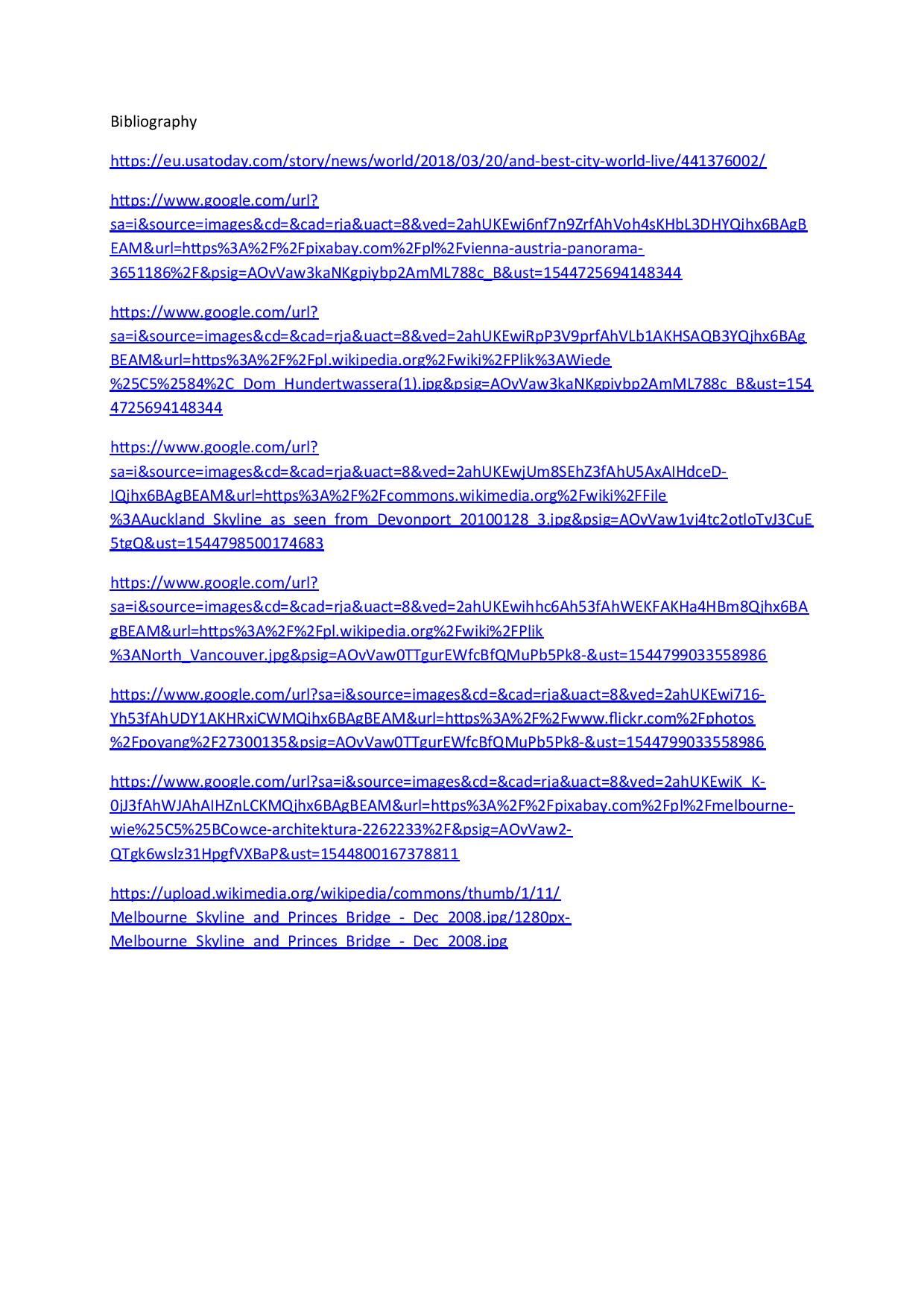
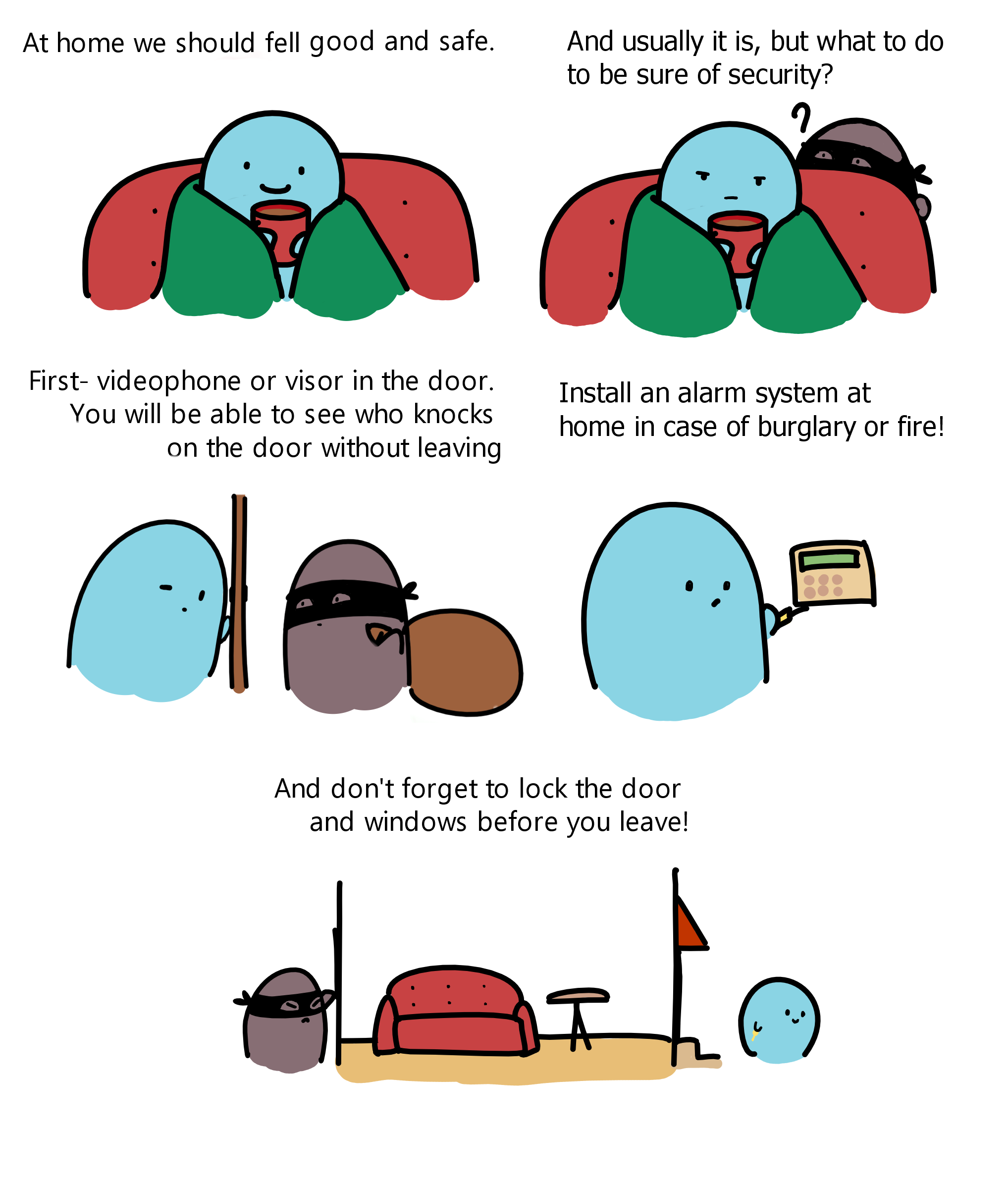
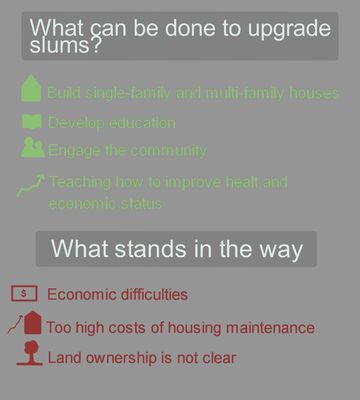
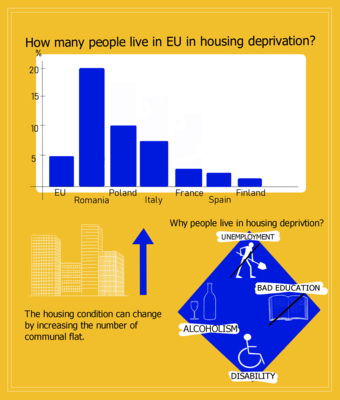
12 Responsible consumption and production
Questions about the video
What does Fairtrade give to farmers?
What are the colors of the Fairtrade sign?
What is the most popular Fairtrade product?
What is the main element of Fairtrade?
What happens if you buy a Fairtrade product?
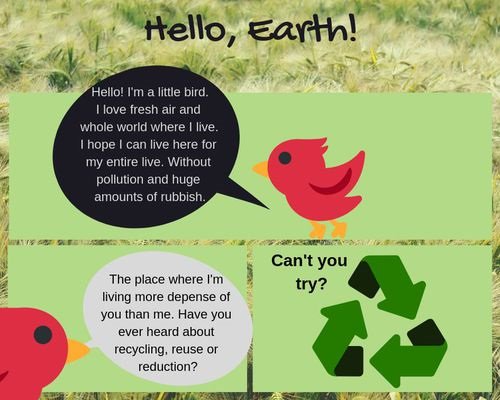
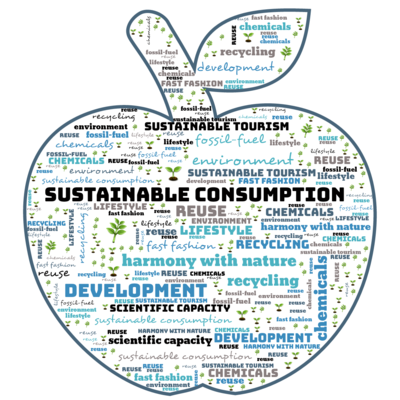
Questions about the video
What does Fairtrade give to farmers?
What are the colors of the Fairtrade sign?
What is the most popular Fairtrade product?
What is the main element of Fairtrade?
What happens if you buy a Fairtrade product?


13 Climate action
Amazon rainforest covers 5% of the whole earth´s area. It´s being threatened by constant over logging, soy production and livestock. These threats have already destroyed one fifth (1/5) of the Amazon. Because of the climate change there are dry seasons and forest fires. These two speed up the climate change. Amazon has one fourth of all the species we know (including a spider the size of a tennis ball, and a monkey the size of a toothbrush). If logging Amazon continues the same way, many species go extinct.
- What can everyone do to prevent climate change?
The five largest sectors of household GHG emissions in Finland are (in order of importance) housing & energy, transportation, food, culture & free time, other goods & services. I list below one or two potential means of reduction for each sector:
Housing & energy:
- drop room temperature during heating season to ca. 19 °C
- reduce consumption of hot water
Transportation:
- avoid use of private car, use public transport or cycling/walking instead
- avoid flying during holidays
Food:
-reduce/stop meat product consumption
-decrease food waste
Culture & free time:
-spend on services rather than goods
Other goods & services:
spend on services rather than goods
- recycle, reuse
- How do you try to prevent climate change yourself?
Personally, I try to live according to the guidance given above. My family lives in a detached house, but we have ground heating (maalämpö) and purchase 100 % wind energy, so the energy emissions are rather small. We use our car as little as possible (ca. 7000 km/per year), and it has been converted to use ethanol rather than petrol (the car uses RE85 fuel, which is produced from waste food), which decreases the fossil CO2 emissions by 80 %. We do not eat meat other than game and reindeer. We recycle all waste, and avoid food waste. We spend holidays mostly in Finland and travel by train (to Lapland, for example).
Professionally, I teach at the university about sustainable development, climate change etc., trying to educate students to become responsible citizens.
As a citizen, I vote for environmentally conscious candidates in elections.
- How can climate change be seen in Finland?
Climate change gradually starts to be visible and obvious in Finland, although scientifically it is difficult to pinpoint individual events as certainly climate change –related. But we can see climate change for example in animal (e.g. migrating insects, birds) species distributions, temperatures, snow cover length/thickness, seasonal frost, and extreme events.
- What causes climate change the most?
The largest single reason behind the climate change is the current anomalously high (and increasing) concentration of CO2 in the atmosphere.
- What kind of climate change preventing projects are there in Europe/Finland at the moment?
There are thousands of projects in Finland and Europe that aim to mitigate climate change. Basically every city and commune has a climate strategy, large companies have one, etc. Plus there are a large number of research projects studying climate change mitigation and adaptation.
- What is the most destructive consequence of climate change?
This is a difficult question, as the answer depends on the scale in consideration; global, regional, local or individual. Globally, I guess the rising sea level will be highly disastrous in the coming decades, when large densely populated coastal regions will be flooded and submerged. Food production may encounter dramatic, disastrous changes, too.
- Do you believe that climate change can be slowed down/stopped?
Climate change will continue for some centuries even if all emissions were stopped today, as the climate system has long feedback chains and inertia. If we do nothing about the increasing emissions, climate change will speed up, and the global temperature may cross a critical limit (which we are not sure about, but it could be around (just) 1 °C higher than today) after which the planetary system has altered so much that we have no means of predicting the outcome. So we have to act swiftly and without delay in order to keep the planet inhabitable for humankind. The planet itself will not be destroyed due to human induced climate change; it has seen worse in the distant past (long (millions of years) volcanic eruption events, asteroid collisions, etc.) and extinctions in a way are a natural part of the evolutionary history of the planet. But humankind will no doubt be in great danger.
Can we stop the change? Unfortunately there are yet no signs of a clear, practical positive development in terms of decreasing global emissions. A dramatic change of attitude and behaviour will be required, and this may take place very slowly, perhaps only by new human generations (you ).
The five largest sectors of household GHG emissions in Finland are (in order of importance) housing & energy, transportation, food, culture & free time, other goods & services. I list below one or two potential means of reduction for each sector:
Housing & energy:
- drop room temperature during heating season to ca. 19 °C
- reduce consumption of hot water
Transportation:
- avoid use of private car, use public transport or cycling/walking instead
- avoid flying during holidays
Food:
-reduce/stop meat product consumption
-decrease food waste
Culture & free time:
-spend on services rather than goods
Other goods & services: spend on services rather than goods
- recycle, reuse
- How do you try to prevent climate change yourself?
Personally, I try to live according to the guidance given above. My family lives in a detached house, but we have ground heating (maalämpö) and purchase 100 % wind energy, so the energy emissions are rather small. We use our car as little as possible (ca. 7000 km/per year), and it has been converted to use ethanol rather than petrol (the car uses RE85 fuel, which is produced from waste food), which decreases the fossil CO2 emissions by 80 %. We do not eat meat other than game and reindeer. We recycle all waste, and avoid food waste. We spend holidays mostly in Finland and travel by train (to Lapland, for example).
Professionally, I teach at the university about sustainable development, climate change etc., trying to educate students to become responsible citizens.
As a citizen, I vote for environmentally conscious candidates in elections.
- How can climate change be seen in Finland?
Climate change gradually starts to be visible and obvious in Finland, although scientifically it is difficult to pinpoint individual events as certainly climate change –related. But we can see climate change for example in animal (e.g. migrating insects, birds) species distributions, temperatures, snow cover length/thickness, seasonal frost, and extreme events.
- What causes climate change the most?
The largest single reason behind the climate change is the current anomalously high (and increasing) concentration of CO2 in the atmosphere.
- What kind of climate change preventing projects are there in Europe/Finland at the moment?
There are thousands of projects in Finland and Europe that aim to mitigate climate change. Basically every city and commune has a climate strategy, large companies have one, etc. Plus there are a large number of research projects studying climate change mitigation and adaptation.
- What is the most destructive consequence of climate change?
This is a difficult question, as the answer depends on the scale in consideration; global, regional, local or individual. Globally, I guess the rising sea level will be highly disastrous in the coming decades, when large densely populated coastal regions will be flooded and submerged. Food production may encounter dramatic, disastrous changes, too.
- Do you believe that climate change can be slowed down/stopped?
Climate change will continue for some centuries even if all emissions were stopped today, as the climate system has long feedback chains and inertia. If we do nothing about the increasing emissions, climate change will speed up, and the global temperature may cross a critical limit (which we are not sure about, but it could be around (just) 1 °C higher than today) after which the planetary system has altered so much that we have no means of predicting the outcome. So we have to act swiftly and without delay in order to keep the planet inhabitable for humankind. The planet itself will not be destroyed due to human induced climate change; it has seen worse in the distant past (long (millions of years) volcanic eruption events, asteroid collisions, etc.) and extinctions in a way are a natural part of the evolutionary history of the planet. But humankind will no doubt be in great danger.
Can we stop the change? Unfortunately there are yet no signs of a clear, practical positive development in terms of decreasing global emissions. A dramatic change of attitude and behaviour will be required, and this may take place very slowly, perhaps only by new human generations (you ).
14 Life below water
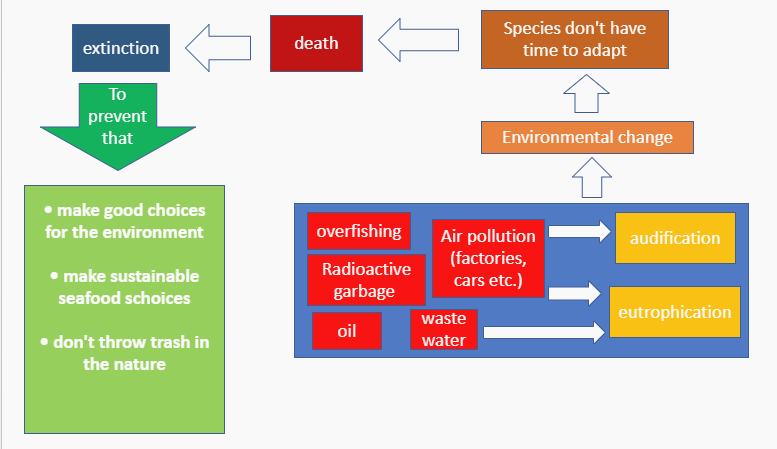
15 Life on land
Main
Main goals:
1. Take urgent action in order to protect biodivertisity
-Promote the sustainable use of forests
-Fight against desertification
-Stop the impoverishment of soil
2. Take urgent action to reduce the degradation of natural habitats
-Intervene both demand and supply of illegal wildlie products
-Take urgent action to end illegal trafficking for protected species of flora and fauna
-Stop poaching
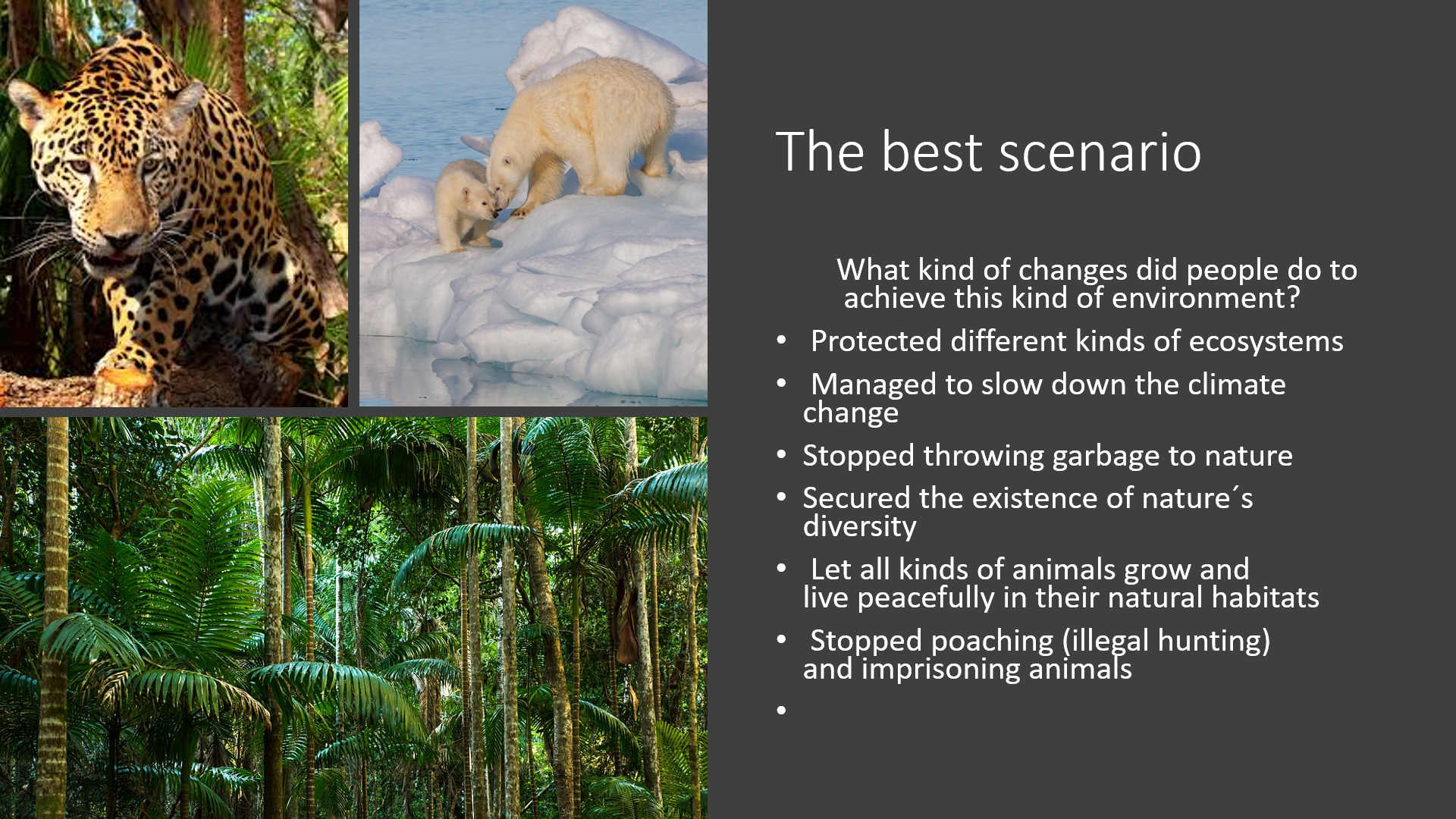
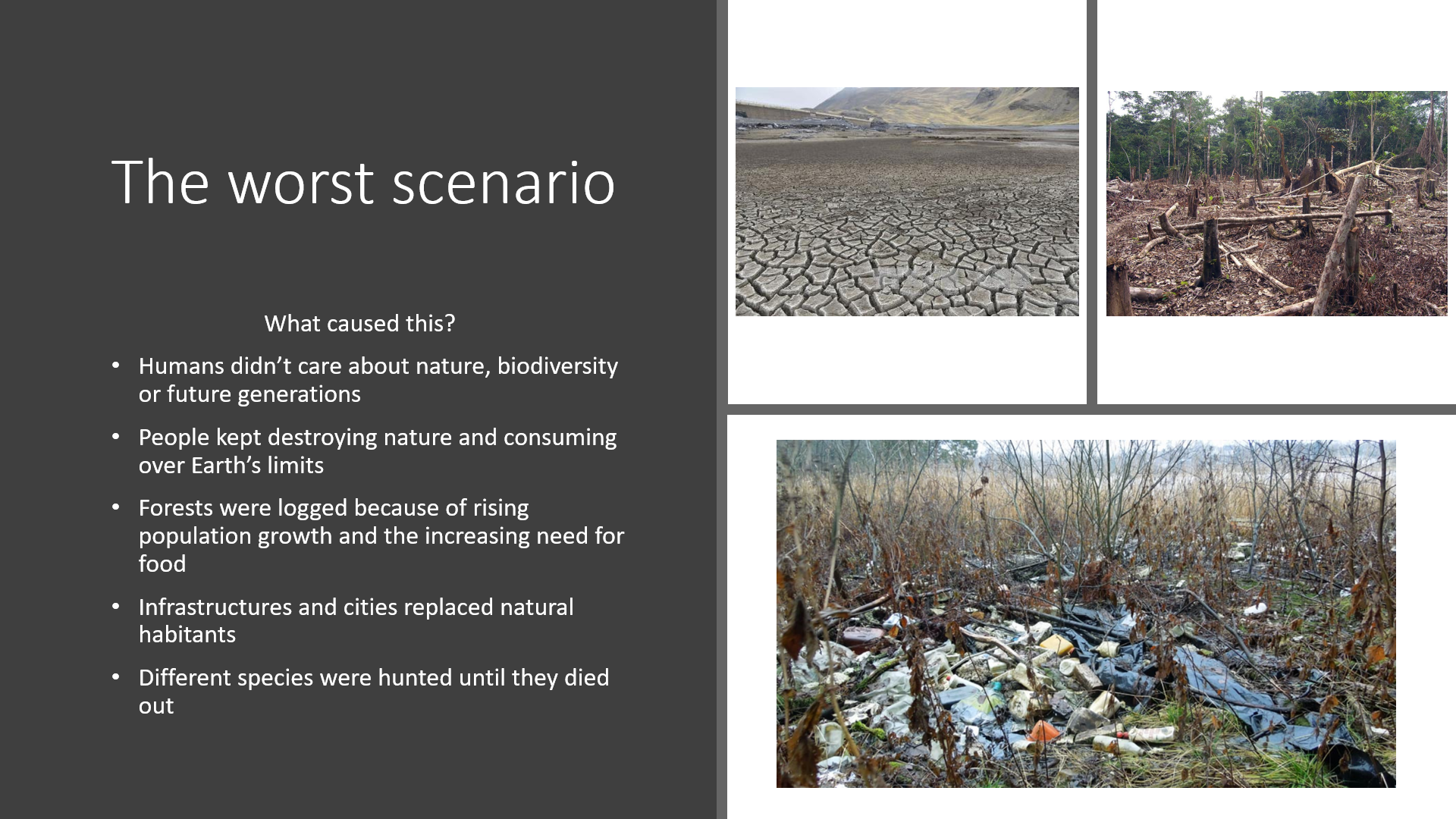
1. Take urgent action in order to protect biodivertisity
-Promote the sustainable use of forests
-Fight against desertification
-Stop the impoverishment of soil
2. Take urgent action to reduce the degradation of natural habitats
-Intervene both demand and supply of illegal wildlie products
-Take urgent action to end illegal trafficking for protected species of flora and fauna
-Stop poaching


16 Peace, justice and strong institutions
Jane is 27 years old woman. She is a doctor. She is accused to stealing ideas from a unknown company.

Jane is rich and she can buy a good loyar for herself. Jane wins the litigation and she don’t get the judgement because her goog loyar.

Matt is 26 years old man who doens´t have job and neather money. Matt has being excused about beating other man, which he didn´t do. He can not afford for a good loyar, so he loses trial and he suffers prison sentence for nothing. Justice didn´t happen.
Everyone deserves same rights dipent on sex, skin colour, age, your counrty or financial situation.

Justice is a one of the most important human rights. You should be equal no matter what colour you are, what is your religion, where you are from, are you a girl or a boy, wheter you are young or old, are you rich or poor etc. Still this right isn’t happening everywhere. For example it is not allowed to break someone’s immunity. It is not a reason to touch someone if they are wearing a short dress. There is never a good reason there is never even a reason to touch someone if they are no into it. Peace is something that everyone wants. It would be great to live here if everyone could get along and we could all live in world like that. Doesn’t that sound amazing?

Jane is 27 years old woman. She is a doctor. She is accused to stealing ideas from a unknown company.

Jane is rich and she can buy a good loyar for herself. Jane wins the litigation and she don’t get the judgement because her goog loyar.

Matt is 26 years old man who doens´t have job and neather money. Matt has being excused about beating other man, which he didn´t do. He can not afford for a good loyar, so he loses trial and he suffers prison sentence for nothing. Justice didn´t happen.
Everyone deserves same rights dipent on sex, skin colour, age, your counrty or financial situation.

Justice is a one of the most important human rights. You should be equal no matter what colour you are, what is your religion, where you are from, are you a girl or a boy, wheter you are young or old, are you rich or poor etc. Still this right isn’t happening everywhere. For example it is not allowed to break someone’s immunity. It is not a reason to touch someone if they are wearing a short dress. There is never a good reason there is never even a reason to touch someone if they are no into it. Peace is something that everyone wants. It would be great to live here if everyone could get along and we could all live in world like that. Doesn’t that sound amazing?

17 Partnerships for the goals



